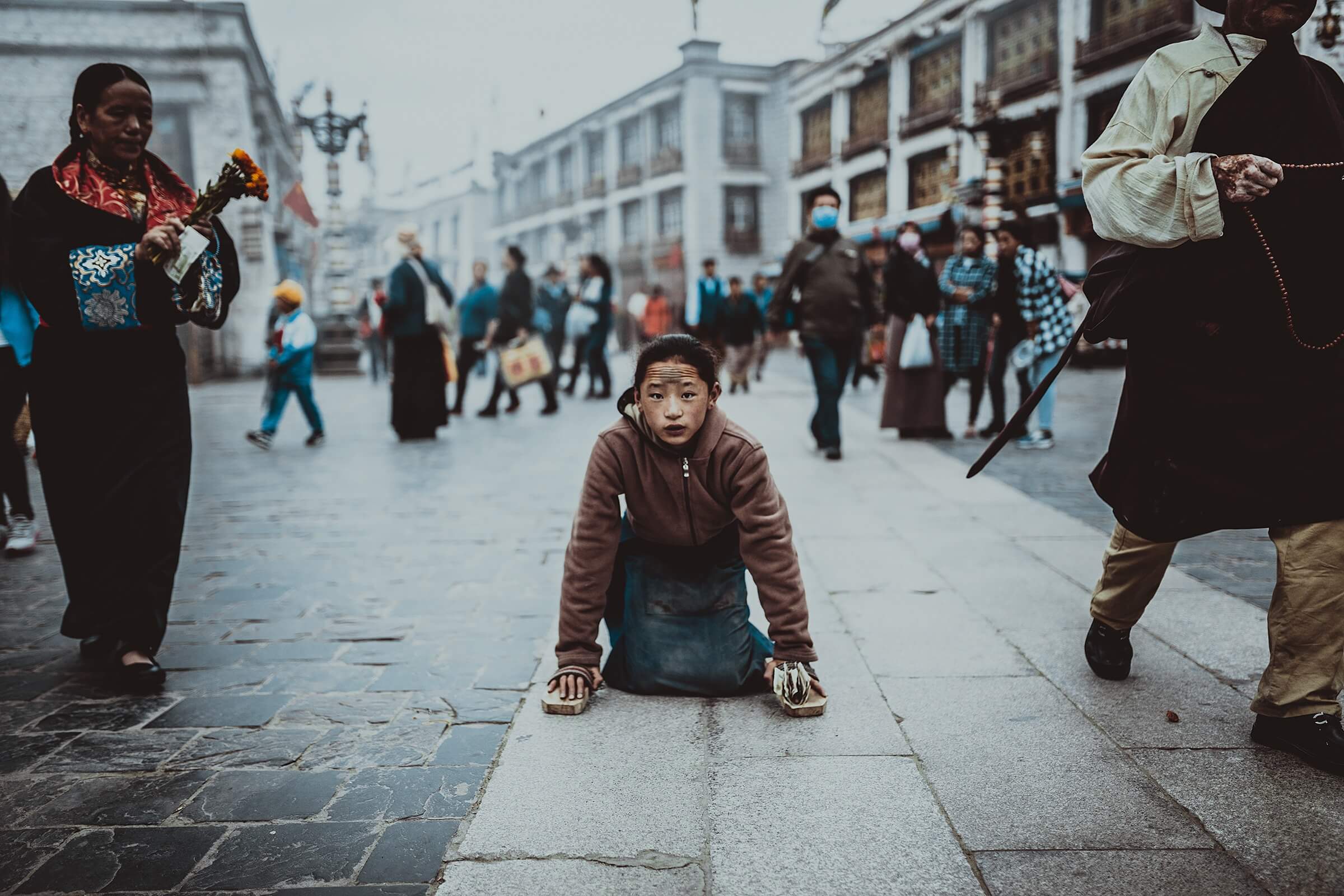Founding
Introduction
The founding of The Chinyere and Chinelo Ikoku Charitable Trusts has been at the behest and impetus solely of the Founder, Alvan Azinna Chibuzo Ikoku, and has proceeded as follows:
Founding History
Section 1.1.0. The Chinyere and Chinelo Ikoku Charitable Trusts was established:
Founding Concerns
Section 1.2.0. The Chinyere and Chinelo Ikoku Charitable Trusts was also founded and developed in response to the concerns below:
Notes Included. All the aforementioned with the following notes legally and substantively included:
Founding Mission
Section 1.3.0. The Chinyere and Chinelo Ikoku Charitable Trusts’s founding mission and purposes are therefore:
Focus
Provision
The Chinyere and Chinelo Ikoku Charitable Trusts has also been developed, and its activities and administration focused, as follows:
Activities and Administration
Section 1.5.0. All acts, activities, affairs, agents, arrangements, assets, and equivalent of The Chinyere and Chinelo Ikoku Charitable Trusts are administered solely via the Founder, Alvan Azinna Chibuzo Ikoku, and solely via the Founder’s authorization, as provided for in the Codes and Policies, and thus focused to ensure their alignment with and furtherance of the mission and purposes of the organization. Accordingly, The Chinyere and Chinelo Ikoku Charitable Trusts’s administration is conducted solely via means limited by the organization’s entity status as:
Areas and Efforts
Section 1.6.0. The Chinyere and Chinelo Ikoku Charitable Trusts administers its philanthropic efforts under the auspices of the Trusts Areas of Public Benefit — in the eleven (11) areas below:
Faith and Spirituality
Section 1.7.0. The Chinyere and Chinelo Ikoku Charitable Trusts’s faith-based commitments are focused as follows:
Incompatibility with Founding
Section 1.8.0. The activities, agents, and arrangements of The Chinyere and Chinelo Ikoku Charitable Trusts are therefore focused and limited via determinations of incompatibility with the company, as delineated below:
Inhumane Conduct
Section 1.9.0. The aforementioned inhumane conduct include the behaviors delineated below, properly understood to not only treat a person inhumanely but to also risk rendering the treater inhumane, and so they are to be absent from any and all acts, activities, agents, arrangements, and equivalent relating to The Chinyere and Chinelo Ikoku Charitable Trusts, and are not to be effected, facilitated or fostered in any way or via any manner, means, method, or mode, or to any degree:
Intrinsic Refusals
Section 1.10.0. In light, therefore, of the aforementioned, incompatibility with The Chinyere and Chinelo Ikoku Charitable Trusts entails the following basic refusals, each intrinsic to the basic humanity, humanness, and humaneness of each human being, including the Founder, and to the respect such humanity requires:
Form
Provision
The Chinyere and Chinelo Ikoku Charitable Trusts’s organizational form is as delineated below:
Formation
Section 1.12.0. The Chinyere and Chinelo Ikoku Charitable Trusts is formally organized as a tax-exempt nonprofit organization, as provided for in the laws of the State of California, the United States, and is registered and headquartered in San Francisco, California.
Names
Section 1.13.0. The Chinyere and Chinelo Ikoku Charitable Trusts is also officially known under the business names, The Ikoku Charitable Trusts and The Ikoku Trusts. All three names, as used in official Ikoku Charitable Trusts documents, products, services, and sites, refer to the same aforementioned nonprofit entity.
Entities
Section 1.14.0. As provided for by law and the Founder’s Declaration of Trust, The Ikoku Charitable Trusts administer, hold, and manage the assets for two private charitable foundations, resulting in a three-entity structure that includes the following:
Efforts
Section 1.15.0. The Ikoku Charitable Trusts, via their work with The Ikoku Foundations and through the Trusts Areas, are thus structured to conduct and support charitable efforts in the aforementioned areas, and to ultimately fulfill their originating mission to promote philanthropy concerned with Africa, its global diasporas, and shared societies As always, the objective is the betterment of lives and societies.
Conclusion
— Conditions and Terms
— 1.16.1. All of the aforementioned in this section constitutes the Conditions and Terms of Founding of The Chinyere and Chinelo Ikoku Charitable Trusts (the “Conditions and Terms of Founding” and “Conditions of Founding”) and forms an integral part of the Conditions and Terms of The Chinyere and Chinelo Ikoku Charitable Trusts, the Codes and Policies of The Chinyere and Chinelo Ikoku Charitable Trusts, as well as The Ikoku Charitable Trusts Conduct and Service Agreement you may enter into with The Chinyere and Chinelo Ikoku Charitable Trusts.
— Concerns and Questions
— 1.16.2. Please report any concerns about code or policy violations, and send any questions you may have regarding the Conditions of Founding or The Ikoku Charitable Trusts Conduct and Service Agreement, to policies@ikokutrusts.org.
— Concluding
— 1.16.3. And as a concluding aviso and proviso, you are informed as well as reminded that by commencing or continuing any conduct or service relating to The Chinyere and Chinelo Ikoku Charitable Trusts — in any way, either directly or indirectly, and via any manner, means, method, or mode — you enter into The Ikoku Charitable Trusts Conduct and Service Agreement and agree to abide by and be legally bound by the Policy conditions, principles, protections, and terms described above, and the Codes and Policies, in their entirety without modification or severability, as amended from time to time solely by the Founder.
Also at the Trusts
The Ikoku Charitable Trusts is dedicated to fostering ethical philanthropy concerning Africa, its global diasporas, and humanely coexisting communities — toward humane futures for lives across the globe. And so in accordance with the above, The Trusts provides the following:
Philanthropy for Africa
A nonprofit organization that serves the public interest in Africa and its global diasporas — by advancing ethical philanthropy in several domains, including education and research, civics and governance, health and humanities, industry and innovation.
Philanthropy for Community
A nonprofit organization that serves the public interest in fostering humanely coexisting communities and persons — who evince a commitment to humane reciprocity as the basis for enhancing the lives and societies existing around them.
Philanthropy for Humanity
A nonprofit organization that serves the public interest in fostering humanity — by helping the public understand Africa’s essential place in a humane future, where the betterment of conditions for some of the most resolutely humane peoples enhances life for all.









